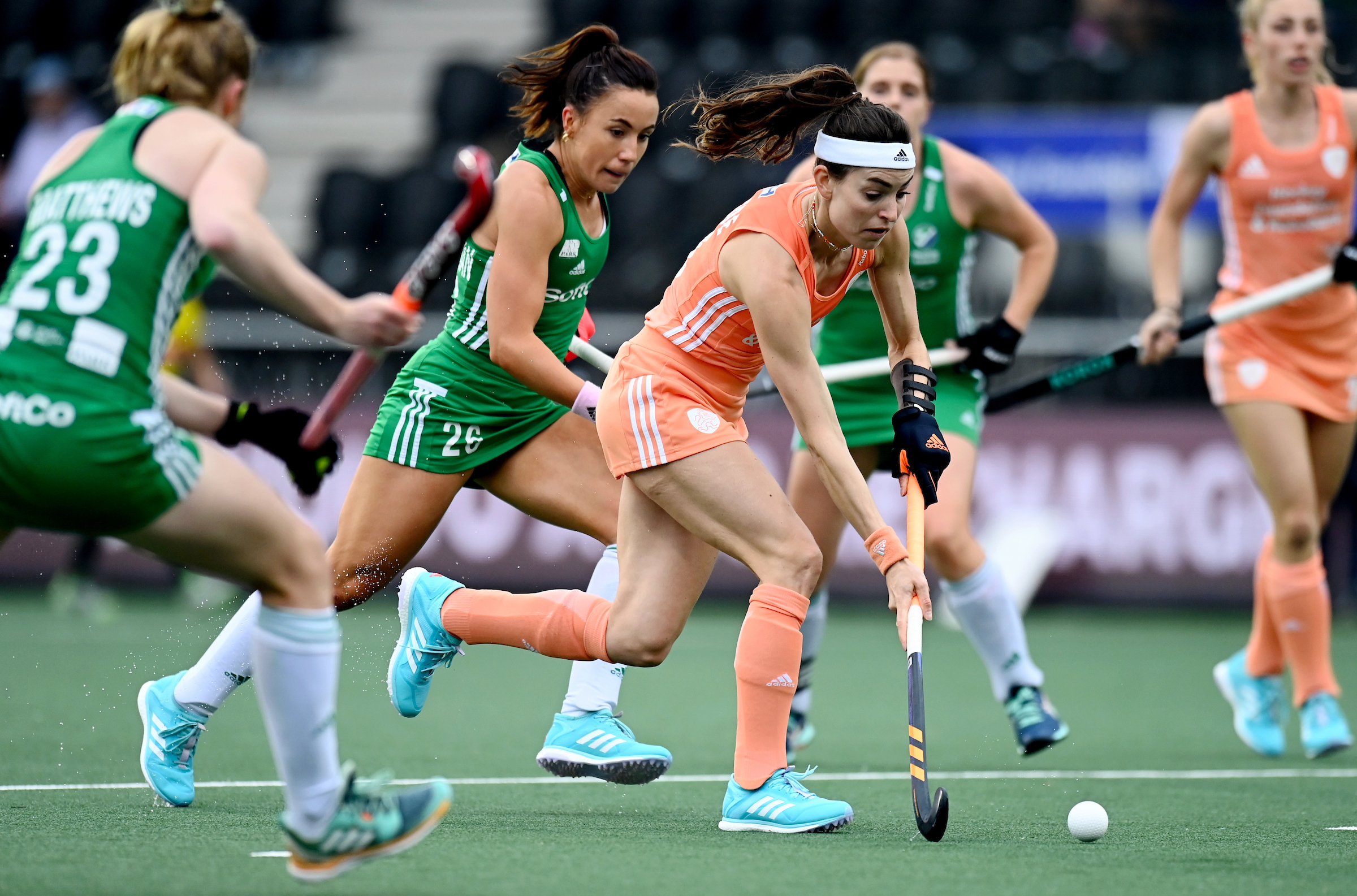Being consistently good makes you great. Relying on your talent doesn’t, says Alyson Annan
Talented athletes are a commonly discussed topic amongst coaches and parents. Which factors play a role in talent identification; how do we measure talent? How do we cherish talent? How can we help talented athletes excel? It is a continual and ever evolving discussion.
The problem with most of these discussions, particularly in team sports, is that talent is in the eyes of the beholder. A young athlete will have several different coaches throughout their career and each one will probably have a different idea about what talent is. And therein lies the problem.
Continue reading...

Unlock our ad-free, premium content and get use of our subscriber-only app. Use coupon 3FOR1 to get 3 months for only £1!
Already a subscriber to our website? Login
Do you agree? Join our forum for free and keep the discussion going





Wouldn’t this be a somewhat controversial approach to selection, as Elite hockey may end up with a significantly more diverse group of players who have demonstrated potential through the club route.
Philosophically I think this is interesting. ‘Talent’ does suggest a state of being, whereas ‘potential’ suggests a possibility of growth. Although one could argue that the idea of talent incorporates the need for growth, because of its relationship to performance. However, I do not think that the use of either term will move us that much forward. I think there is a much greater problem with the use of either term, which is that they are undefined and therefore mean whatever has in their mind at that particular time. Alyson highlights this in relation to talent, but in my opinion this is no different for ‘potential’.
It seems to me that we are forever trying to create a ‘science’ out of something that is inherently non-scientific. Whether you call something ‘talent’ or ‘potential’ does not make the concept easier to grasp or identify. How do you define either of these in a sport that combines decision-making within a team context; and the successful application of open-ended skills; and then add understanding of tactics; positioning; mental toughness etc?
Where I agree with Alyson is in the idea that the label creates an expectation, but here again I am not sure whether the ‘talent’ label is better or worse than the ‘potential’ label. The message is ‘there is something a little different’ about one athlete when compared to others, but Alyson’s definition of potential may well be someone else’s definition of talent.
What is interesting of course is that that label puts the athlete on a ‘journey’. S/he is now on the path of ‘talent’ development, from which they can at any point be excluded. There are now different connotations to their sports pursuits; greater opportunities for disappointment; more need for mental resilience; greater parental involvement (and expectations). This is the aspect of a system that I feel needs greater consideration.
An interesting and thoughtful perspective. I agree, the scouting / selection criteria should be broader and more balanced.
A risk with the approach suggested in this article, is that we introduce the bias of selecting the players we like (as coaches) and that we perceive are the easiest to coach.